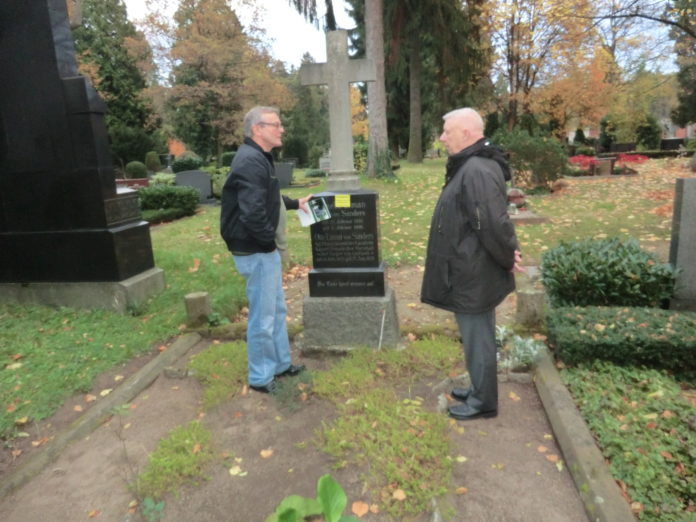By Muriel Mirak-Weissbach
Special to the Mirror-Spectator
BERLIN — On November 4, retired Gen. Eckhard Lisec delivered a lecture in Darmstadt, Germany entitled, “Marshall Liman von Sanders – An Honorable Soldier?” The question mark reflects the doubt cast on the role of the German First World War commander by authorities of the city Darmstadt, where von Sanders is buried. Until 2015 he had been given a “grave of honor” in the historic cemetery, but then the city decided to remove the designation, on grounds that military achievements alone (he was the “Hero of Gallipoli”) did not warrant such a commemoration. Worse, the findings issued by an experts’ committee charged with examining the issue, contained accusations that von Sanders had been implicated in the Armenian Genocide carried out by the Ottoman Empire during the war.
Lisec was the right person to address the matter. He retired recently after a long career in the German military, serving in ministerial and diplomatic capacities in Belgium and, from 2002 to 2005, as brigadier general was assistant chief of staff support of the NATO Rapid Deployable Corps in Istanbul. Sparked by curiosity, he delved into study of the history of the Ottoman Empire, beginning as a hobby in 2002, and, thanks to his newly acquired language capabilities, has been able to consult source material in Turkish as well as other languages. He said he had read more than 1,000 works on the subject since retirement.
Several books of his own are the result of this effort, ranging from a study of a century of cooperation between the German and Turkish air forces (1911-2011), to a volume entitled, The War of Independence and the Founding of Turkey (2016). This year, Miles-Verlag in Berlin, a publisher specializing in military studies, released his book, The Armenian Genocide in the First World War – German Officers Involved? And in early 2018 his newest work should appear, entitled, History of the Turkish Army from 209 B.C. to the Present.








